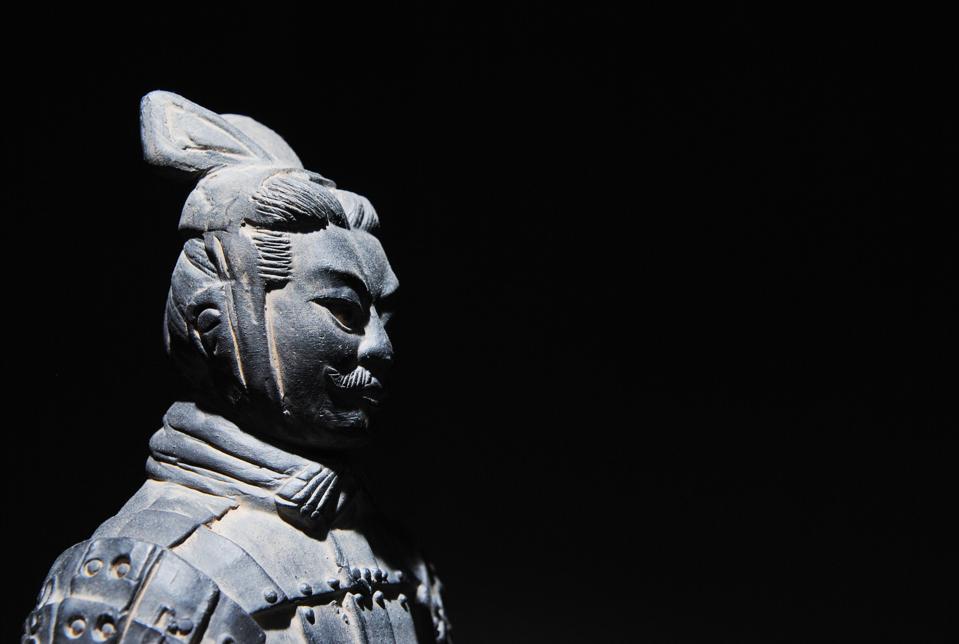A journey through the life, negotiating skills, and political influence of Klemens von Metternich
Introduction:
Klemens Wenzel von Metternich, born on May 15, 1773, in Koblenz, was one of the most influential diplomats and statesmen of the 19th century. His name is closely associated with European politics during the Restoration period, and his legacy as the architect of the Congress of Vienna and defender of conservatism remains a subject of study and admiration.
Early Years and Education:
Metternich was born into a noble family of the Holy Roman Empire. He studied at various educational institutions in Germany and France, where he received a comprehensive education in law, history, and political science. From an early age, he demonstrated an innate talent for diplomacy and international relations.
In 1795, Metternich married Countess Eleonore von Kaunitz, granddaughter of the famous Austrian chancellor Wenzel Anton von Kaunitz. This union allowed him to enter the highest circles of European nobility and politics, paving the way for his future diplomatic career.
Rise in Diplomacy:
The first major step in Metternich’s career was his appointment as plenipotentiary minister in Saxony in 1801. He later served in Prussia and, in 1806, was sent to Paris as Austria’s ambassador. During his stay in the French capital, Metternich had the opportunity to closely observe Napoleon Bonaparte’s politics and his growing influence in Europe.
In 1809, Metternich was appointed Austria’s Minister of Foreign Affairs, a position he would hold for nearly four decades. From this role, he played a crucial part in shaping the European political order after Napoleon’s fall.
The Congress of Vienna and the Restoration:
Metternich is perhaps best known for his role in the Congress of Vienna (1814–1815), a series of diplomatic meetings aimed at reestablishing the balance of power in Europe following the Napoleonic Wars. As the main negotiator and host of the Congress, Metternich worked tirelessly to create a system that would prevent future wars and maintain political stability on the continent.
The Congress of Vienna established a new territorial and political framework for Europe, restoring former monarchies and creating a balance system known as the “Concert of Europe.” This alliance of the major European powers (Austria, Prussia, Russia, and Great Britain) aimed to prevent the spread of revolutionary movements and maintain the status quo.
Metternich’s Negotiating Characteristics:
Metternich was known for his negotiation skills and political astuteness. Some of his most notable negotiating traits include:
- Political Realism: Metternich was a staunch advocate of realism in international politics. He believed that stability and balance of power were essential for peace in Europe and was willing to make pragmatic concessions to achieve these goals.
- Persuasive Ability: His capacity to persuade and convince other leaders and diplomats was key to the success of the Congress of Vienna. Metternich used his personal charm and eloquence to gain allies and neutralize opponents.
- Tactical Flexibility: Although Metternich had clear objectives, he also knew when to yield and adapt to circumstances. This tactical flexibility allowed him to successfully navigate a complex and shifting political environment.
- Conservatism: Metternich was a firm defender of conservatism and monarchy. He believed revolution and radical change were threats to stability and peace. His conservative approach influenced many of his political and diplomatic decisions.
- Diplomatic Networks: Metternich maintained an extensive network of contacts and alliances throughout Europe. He used this network to gather information, influence key decisions, and coordinate actions with his allies.
Influence on International Politics:
Metternich’s influence on international politics was profound and long-lasting. His role in creating the Concert of Europe and his defense of the balance of power helped maintain peace in Europe for several decades. Key areas of his influence include:
- European Stability: Through the Congress of Vienna and the Concert of Europe, Metternich succeeded in stabilizing the continent and preventing the resurgence of large-scale conflicts. His balanced and conservative approach allowed European powers to cooperate and resolve disputes diplomatically.
- Revolution Prevention: Metternich was a strong opponent of revolutionary and liberal movements. He used his influence to suppress uprisings and maintain monarchical order in Europe. Although his methods were often repressive, his aim was to preserve stability and avoid chaos.
- Alliance Policy: Metternich promoted the formation of alliances among the major European powers to maintain the balance of power. These alliances, such as the Holy Alliance between Austria, Prussia, and Russia, played a crucial role in 19th-century European diplomacy.
- Diplomatic Legacy: Metternich’s ideas and methods left a lasting mark on international diplomacy. His realistic and pragmatic approach influenced later generations of diplomats and statesmen.
Decline and Legacy:
Over time, Metternich’s influence began to wane. The Revolution of 1848, which shook Europe with a wave of liberal and nationalist uprisings, brought an end to his dominance in Austrian politics. Metternich was removed from office and went into exile in London and Brussels before returning to Vienna in 1851.
Klemens von Metternich died on June 11, 1859, but his legacy endures. He is remembered as one of the greatest diplomats of his time and a master of international negotiation. Although his methods and goals were often controversial, his impact on European and global politics is undeniable.
Conclusion:
Klemens von Metternich was a central figure in European politics during the first half of the 19th century. His negotiating skill, realistic approach, and defense of conservatism left a deep mark on international diplomacy.
Through the Congress of Vienna and the Concert of Europe, Metternich managed to maintain stability and balance of power on a continent scarred by war and revolution. His legacy as one of the great architects of European peace remains a subject of study and admiration in the history of diplomacy.






0 Comments